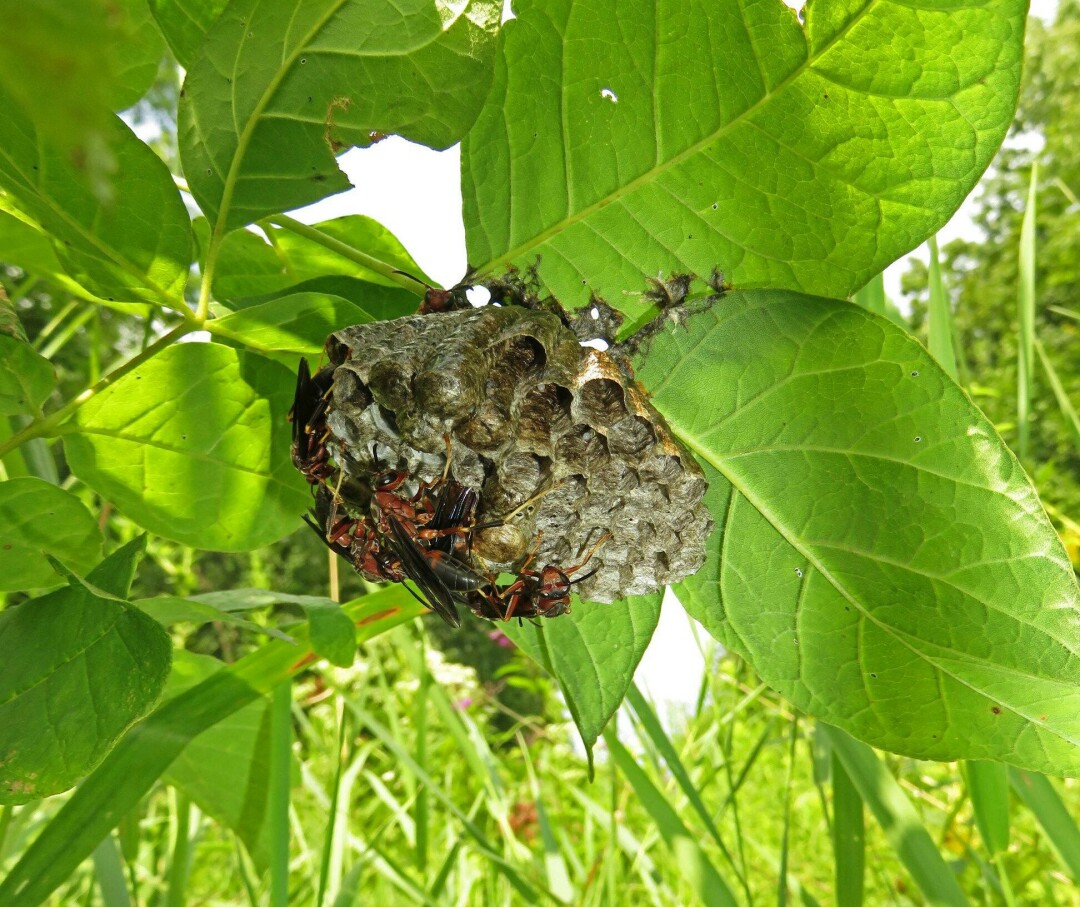What You Need to Know About Live Bee Removal
Tuesday Mar. 1st, 2022
Finding bees on your property sounds like any homeowner’s nightmare. This is largely because a lot of people have an understandable fear of bees. And while bees are less aggressive and likely to sting, than some people might think, they are still quite an undesirable houseguest.
So in this article, we’ll talk about everything you need to know about live bee removal, the process, as well as what to do afterward.
So, what is live bee removal?
Well, as the name tells us, live bee removal is the safe and humane removal of live bees, without using any toxic pesticides or harmful chemicals that might kill the bees. Since bees are growing fewer and fewer each year, you shouldn’t kill them unless you absolutely have to.
This is why live bee removal focuses on removing and relocating the beehive, and with it the bees, without causing actual harm to any of them. Usually, after a live bee removal procedure, the bees will be moved to a local apiary, where they can continue their pollination journey on this planet.
A live bee removal company will also handle repairs.
One of the biggest reasons why homeowners don’t want bees on their property (or any other wild creature, for that matter) is that bees can leave behind quite a bit of damage. Thankfully, most live bee removal experts also focus on repairing the damage left behind by bees.
You might not know this, but honeybees can be quite dangerous to your home, if they’re building their hive there. They can destroy stucco, drywall, and even roofing, so yes, quite a bit of repair will be necessary.
Not only does the damage need to be fixed, but the live bee removal expert will also need to examine the property to ensure that future infestations aren’t an issue. This involves removing attraction or entry points.
You need to be careful in picking the right company.
Make sure you do your research about the wildlife removal company beforehand. This includes asking questions about their process, licenses, insurance, and anything else you might want to know.
Deciding to hire a pro at allstaranimaltrapping.com can really make all the difference for your home, regardless of its bees you’re looking to get rid of, or any other wild animal.
Don’t try to remove the bees yourself.
First of all, what makes you think you’re qualified to remove a full-fledged beehive from your property? Unless you have ample bee knowledge, you should not attempt to remove the bees from your property on your own, as this poses a serious threat to your wellbeing.
It’d be preferable to hire an expert who at least knows the difference between honey bees and carpenter bees. However, that shouldn’t mean you don’t do your own research. Learning more about bees (as well as their removal) is great exercise, in general, but can also increase your chances of keeping bees away, so visit getridofpests.com to learn more about honey bee removal.
What can a professional do for prevention?
The number one reason why one bee infestation is likely to attract another is the simple fact that the bees are attracted to the pheromones left behind by the beehive you’ve just removed.
This is yet another reason why it’s not advisable to attempt to remove the bees yourself, as you will not be able to adequately eliminate the pheromones. So even if you do manage to remove the hive yourself, you’ve still got the very real possibility of a future infestation to deal with.
How does live bee removal happen, exactly?
There are a number of ways in which a wildlife removal company will get rid of the bees (safely) from your property. The chosen method will depend largely on your own particular situation, as well as how advanced the invasion is.
For instance, a professional live bee trapper can choose between multiple methods, like swarm trapping, swarm removal or capture, or colony removal. Obviously, this also depends on the type of invasion you’ve got - whether you’re dealing with a swarm or a colony.
Some live bee removal methods focus more on prevention and minimizing the damage than others, but all are better than extermination.
| Tweet |